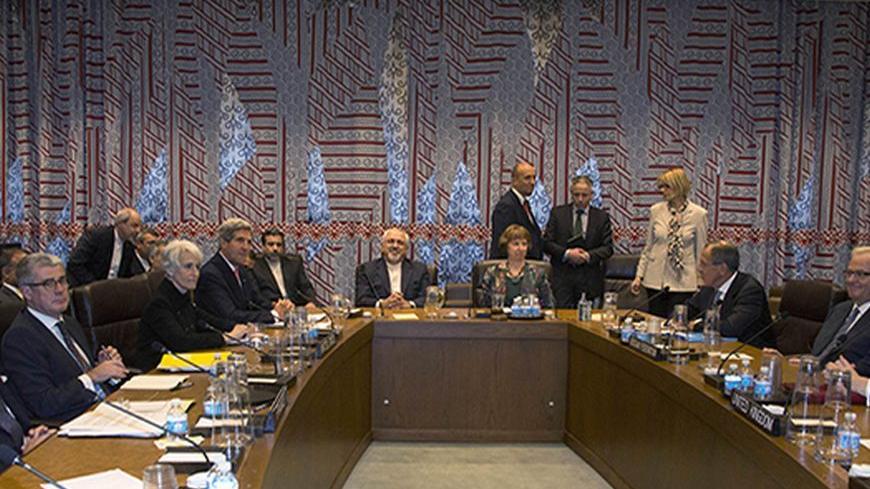In the past few weeks, Lebanon and the entire Middle East have lived to the beat of war drums. Everyone prepared for a US-led military strike on Syria and its projected aftermath and took up positions accordingly. Some raised their tone and threatened, others appeased and negotiated, while yet others remained silent and awaited the results before espousing a view. But suddenly everything changed, and the specter of war dissipated, to be replaced by the dreamy atmosphere of a budding courtship between the United States and Iran. Everyone went back to the drawing board, for the facts had changed. In the not too distant future, these facts may change yet again, transforming with them any adopted policies. Yet, this is only if the soft words and pleasantries exchanged by Presidents Barack Obama and Hassan Rouhani actually become facts on the ground that build bridges of trust and lead to practical steps that would accompany efforts for the peaceful settlement of two contentious issues: the Iranian nuclear file and the Syrian crisis.
It must first be noted that any progress toward a negotiated settlement, any rapprochement between the Iranians and Americans, or any step toward regional appeasement — regardless of the initiating party — will surely bode well for the situation in Lebanon. This small country now forms the weakest link in this enflamed Middle East. This is a result of its religious sects being aligned and allied with the various belligerent regional camps, and the detrimental effect that this state of affairs has had on Lebanon’s sovereignty. Furthermore, no one must forget that Lebanon paid a heavy price as a result of the strained relationship with Iran, since the latter was excluded from the negotiating table in Madrid, beginning in the early 1990s. From that moment on, Iran took a radical route and led the axis of resistance, which included Damascus as a cornerstone of Arab opposition to the principle of bargaining and Judaization of Palestinian lands.



